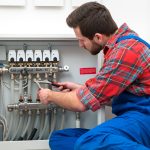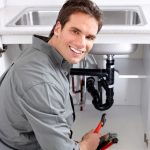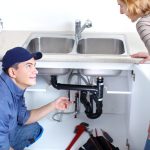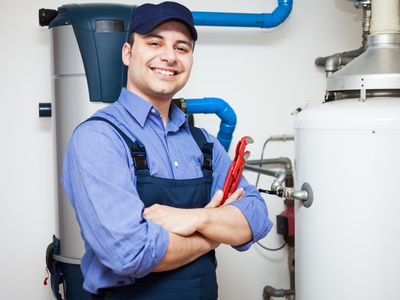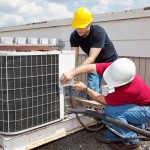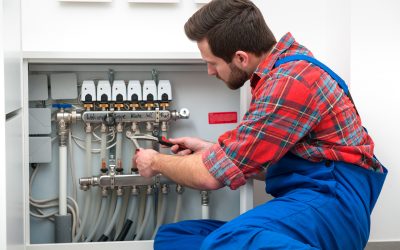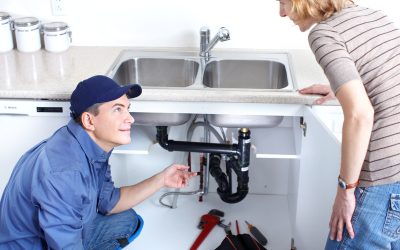Whether you are building a new home or trying to make your current one more energy efficient, focusing on Heating Supply Orange County should be a top priority to consider. Energy savings appliances are more efficient to run and cost less over time compared to outdated appliances especially when it is used to heat an entire home. A central heating, ventilating and air conditioning appliance, or HVAC unit, uses considerably more energy to heat a house as compared to cooling a house and you will see savings immediately in your usage bill by switching to energy-efficient products.
The choices for energy efficient products to heat a home come in the form of electrical heating, natural gas heating, propane gas heating, oil heating systems, hot water (floor) heating, geothermal heating systems, multifunction heating and cooling systems, and lastly heating with wood. The most popular of these features would be the electrical, natural and propane gas heating systems. Although having one system in place does not mean that it is not efficient to run a supplemental system. Depending on where you live, how your home is set up, and what is a common alternative in your area may help you decide on which system or systems to to use.
With any system that you choose to have on your property there are maintenance routines that should be followed to keep your appliances in working order. One simple homeowner task includes regular changing of the air filters located in the house. Keep in mind that this is the one area where price does matter and you typically should look for the least expensive filter. Making your heating system work hard at filtering the air is not necessary. You want to save the energy for heating the air and not filtering it through the vents.
Lastly, with any Heating Supply Orange County that burns any type of liquid or solid fuel, you need a carbon monoxide detector in the house. If there is more then one floor then one detector on each level is advisable. Newer appliances have certainly met current safety standards but that does not mean that accidents or clogged vents won’t make carbon monoxide levels increase to dangerous levels inside the home. Visit Us!

